For patients
For patients
Insomnia
Some medications used to treat ADHD may cause insomnia, which is difficulty falling or staying asleep. Medications that cause this adverse side effect very often do so. However, this side effect is usually mild and remits when the patient stops taking the treatment.
How is ADHD treatment related to insomnia?
Insomnia is difficulty getting to sleep or staying asleep and can manifest itself as difficulty falling asleep (initial insomnia), waking up frequently during the night, or waking up very early in the morning, earlier than expected (terminal insomnia). Insomnia disrupts how a person functions during the daytime and often causes tiredness and difficulty concentrating.
Some medications used to treat ADHD cause insomnia, especially early insomnia. Studies carried out over a few weeks or months have shown that up to 40% of patients may have this adverse side effect, and that the frequency is 2-3 times higher in ADHD patients than those not receiving active treatment. However, this side effect usually improves when the treatment dose is reduced, and remits when treatment is withdrawn.
Access to the TDApp Patient Form
ADHD helps people with ADHD or their families get involved in making decisions that affect the treatment of ADHD. Choose the goals you want to achieve.
Access to the TDApp Patient Form
ADHD helps people with ADHD or their families get involved in making decisions that affect the treatment of ADHD. Choose the goals you want to achieve.














